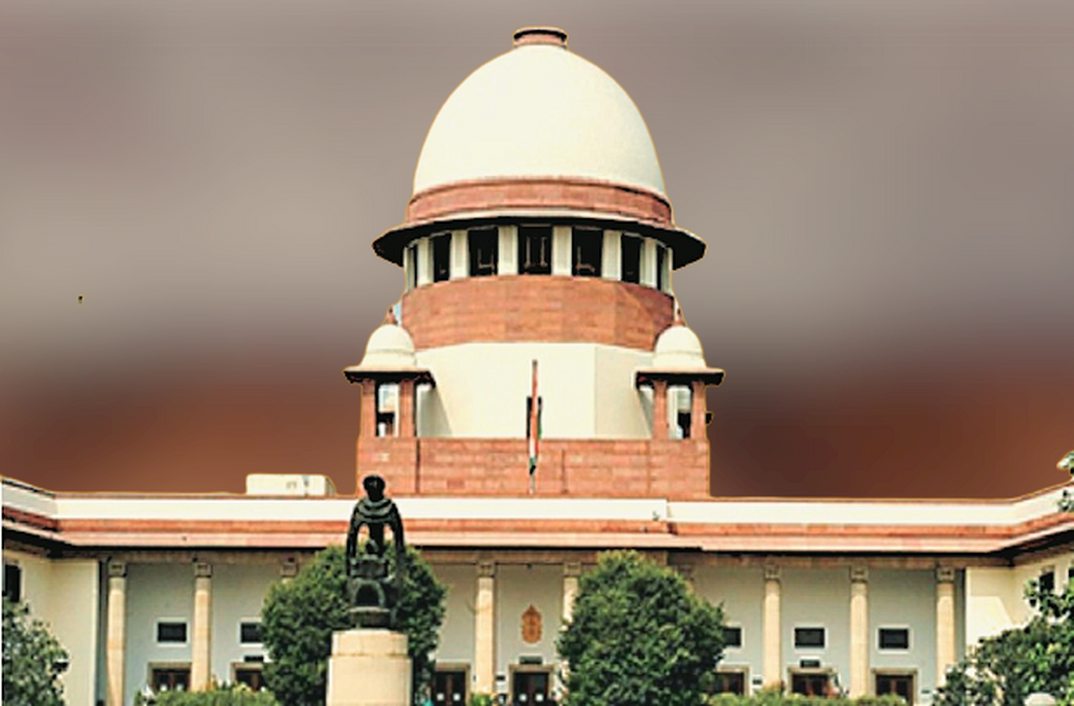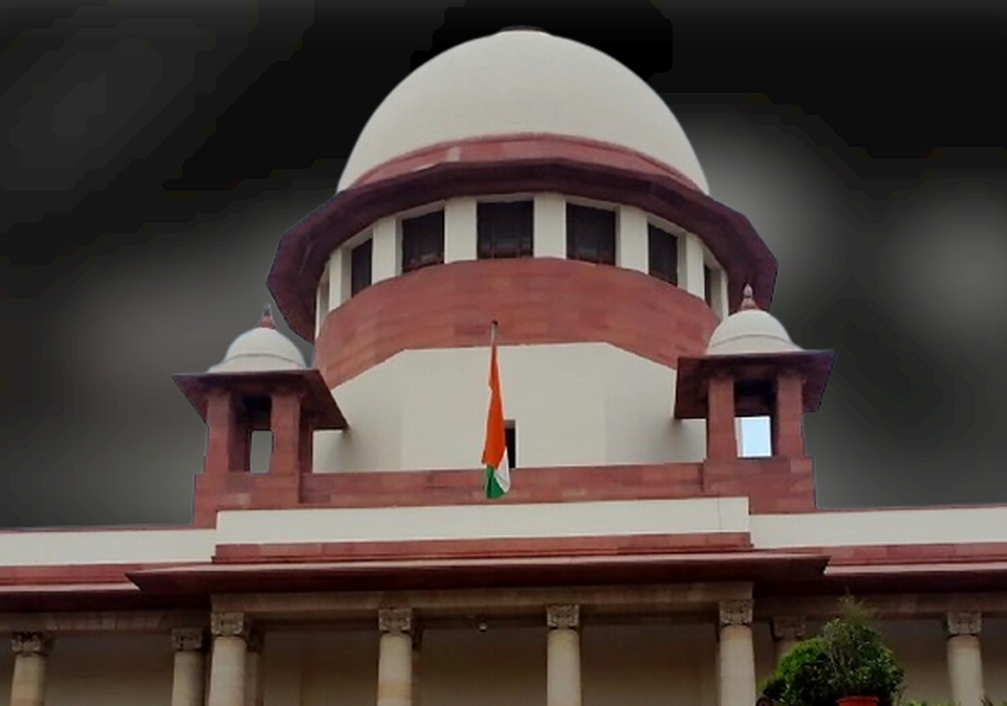In ITA 571/2019 -DEL HC- Delhi High Court upholds Tax credit claim of M/s. Polyplex Corporation Ltd. under Indo-Thai DTAA's Tax Sparing concept
Rajiv Shakdher & Justice Tara Vitasta Ganju [18-07-2023]

Read Order: Principal Commissioner of Income Tax-7 V. M/s. Polyplex Corporation Ltd.
Chahat Varma
New Delhi, July 27, 2023: The Division Bench of the Delhi High Court has ruled in favour of M/s. Polyplex Corporation Ltd. (respondent/assessee), allowing their claim for tax credit under the tax sparing concept embedded in the Indo-Thai Double Taxation Avoidance Agreement (DTAA).
Brief facts of the case were that the respondent/assessee had filed its return of income for AY 2010-11, declaring an income of Rs. 11,41,46,171. The return was processed under Section 143(1) of the Income Tax Act, but later selected for scrutiny. During scrutiny, it was found that the respondent/ assessee had claimed tax credit of Rs. 1,60,74,706 in respect of tax that would have been payable in Thailand on the dividend received from its Thai subsidiary. However, the tax was exempted in Thailand under the statutory regime. The Assessing Officer (AO) disagreed with the respondent's claim for tax credit, and the Commissioner of Income Tax (Appeals) [CIT(A)] also rejected the appeals against the assessment orders. However, the Income Tax Appellate Tribunal (ITAT) ruled in favour of the respondent, stating that the tax sparing concept embedded in the Indo-Thai DTAA entitled them to a tax credit at the rate of 10% on the dividend income from the Thai subsidiary.
The bench of Rajiv Shakdher and Justice Tara Vitasta Ganju remarked that while the term ‘tax payable’ typically referred to tax that was owed or due, the actual meaning of this expression must be derived from the specific treaty or DTAA executed between two contracting states. DTAAs often define the term ‘tax payable’, and the intent of the contracting states should be determined based on the definition provided in the DTAA, rather than its ordinary meaning in general tax contexts.
Examining Article 23 of the Indo-Thailand DTAA, the bench noted, that it provided credit for notional tax to encourage economic development and activity. This credit decision was made by the Contracting States, and unless there was ambiguity, the interpretation of the expressions ‘Thai tax payable’ or ‘Indian tax payable’ should be based on a plain reading of the provisions in paragraphs 3 and 5 of Article 23. These paragraphs reflect the mutual interest of both countries in promoting investment and economic development, and the credit for tax sparing served as a stimulus for such purposes.
Thus, the bench concluded that interfering with such provisions would be detrimental to the larger public interest. Therefore, the bench declined to interfere with the ITAT’s order in favour of the respondent/assessee.
Sign up for our weekly newsletter to stay up to date on our product, events featured blog, special offer and all of the exciting things that take place here at Legitquest.




Add a Comment